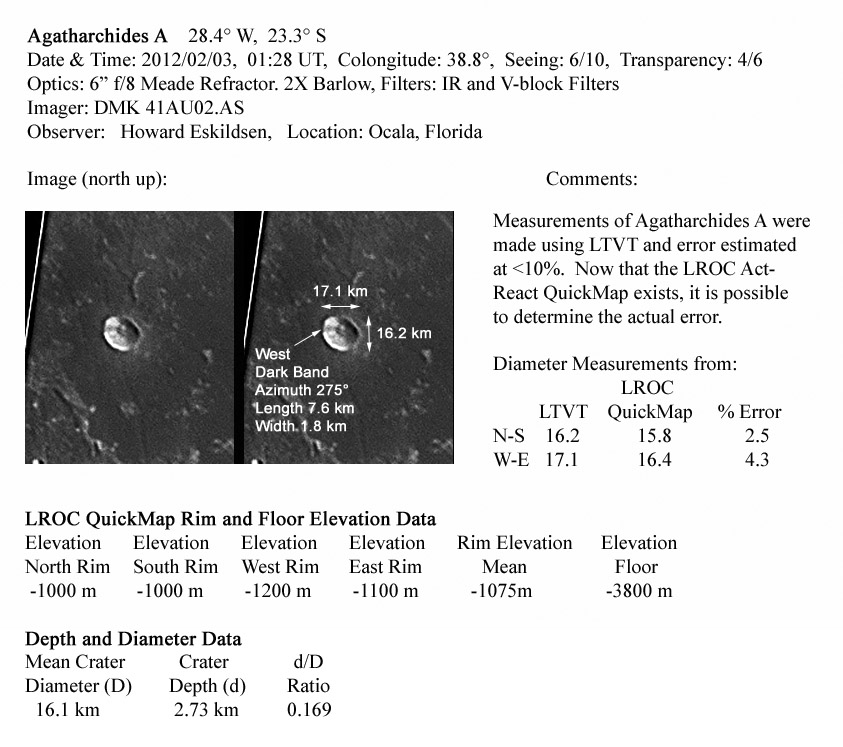Difference between revisions of "December 19, 2012"
| (4 intermediate revisions by the same user not shown) | |||
| Line 1: | Line 1: | ||
__NOTOC__ | __NOTOC__ | ||
=More Moore= | =More Moore= | ||
| + | <!-- Start of content --> | ||
<!-- ws:start:WikiTextHeadingRule:0:<h1> --> | <!-- ws:start:WikiTextHeadingRule:0:<h1> --> | ||
<!-- ws:start:WikiTextLocalImageRule:6:<img src="/file/view/LPOD-Dec19-12.jpg/393457850/LPOD-Dec19-12.jpg" alt="" title="" /> -->[[File:LPOD-Dec19-12.jpg|LPOD-Dec19-12.jpg]]<!-- ws:end:WikiTextLocalImageRule:6 --><br /> | <!-- ws:start:WikiTextLocalImageRule:6:<img src="/file/view/LPOD-Dec19-12.jpg/393457850/LPOD-Dec19-12.jpg" alt="" title="" /> -->[[File:LPOD-Dec19-12.jpg|LPOD-Dec19-12.jpg]]<!-- ws:end:WikiTextLocalImageRule:6 --><br /> | ||
<em>image by [mailto:howardeskildsen@msn.com Howard Eskildsen]</em><br /> | <em>image by [mailto:howardeskildsen@msn.com Howard Eskildsen]</em><br /> | ||
<br /> | <br /> | ||
| − | A few days [http://lpod. | + | A few days [http://www2.lpod.org/wiki/December_15,_2012 ago] the crater Agatharchides A was shown in a 60 year old drawing and a very new spacecraft image. Now Howard has combined both the amateur approach, updated from sketching to video imaging, with measurements from space craft data. The results do not revolutionize the understanding of the crater, but they do illustare that quantitative data can be routinely derived for every lunar feature we study. Morphometric comparisons can be made of multiple features of the same type to characterize them as a group to illustrate how they are similar to or different than generic bowl shaped craters. The LTVT [http://ltvt.wikispaces.com/LTVT tool] created by Jim Mosher and the [http://target.lroc.asu.edu/da/qmap.html?mv=eqc&mcx=-855218.45808&mcy=-704744.87276&mz=7 QuickMap] Path tool for LRO data democratise quantitative investigations - we can all do it, not just professional lunar scientists. <br /> |
<br /> | <br /> | ||
<em>[mailto:tychocrater@yahoo.com Chuck Wood]</em><br /> | <em>[mailto:tychocrater@yahoo.com Chuck Wood]</em><br /> | ||
<br /> | <br /> | ||
<strong>Related Links</strong><br /> | <strong>Related Links</strong><br /> | ||
| − | Rükl plate [ | + | Rükl plate [https://the-moon.us/wiki/R%C3%BCkl_53 53]<br /> |
| − | <em>[ | + | <em>[[21st Century Atlas of the Moon|21st Century Atlas]]</em> chart 23.<br /> |
<br /> | <br /> | ||
| + | <p><b>Yesterday's LPOD:</b> [[December 18, 2012|Riding Into the Hills]] </p> | ||
| + | <p><b>Tomorrow's LPOD:</b> [[December 20, 2012|Background]] </p> | ||
<hr /> | <hr /> | ||
| − | + | {{wiki/ArticleFooter}} | |
| − | |||
| − | |||
| − | |||
| − | |||
| − | |||
| − | |||
| − | |||
| − | |||
| − | |||
| − | |||
| − | |||
Latest revision as of 08:25, 28 October 2018
More Moore

image by Howard Eskildsen
A few days ago the crater Agatharchides A was shown in a 60 year old drawing and a very new spacecraft image. Now Howard has combined both the amateur approach, updated from sketching to video imaging, with measurements from space craft data. The results do not revolutionize the understanding of the crater, but they do illustare that quantitative data can be routinely derived for every lunar feature we study. Morphometric comparisons can be made of multiple features of the same type to characterize them as a group to illustrate how they are similar to or different than generic bowl shaped craters. The LTVT tool created by Jim Mosher and the QuickMap Path tool for LRO data democratise quantitative investigations - we can all do it, not just professional lunar scientists.
Chuck Wood
Related Links
Rükl plate 53
21st Century Atlas chart 23.
Yesterday's LPOD: Riding Into the Hills
Tomorrow's LPOD: Background
COMMENTS?
Register, Log in, and join in the comments.



